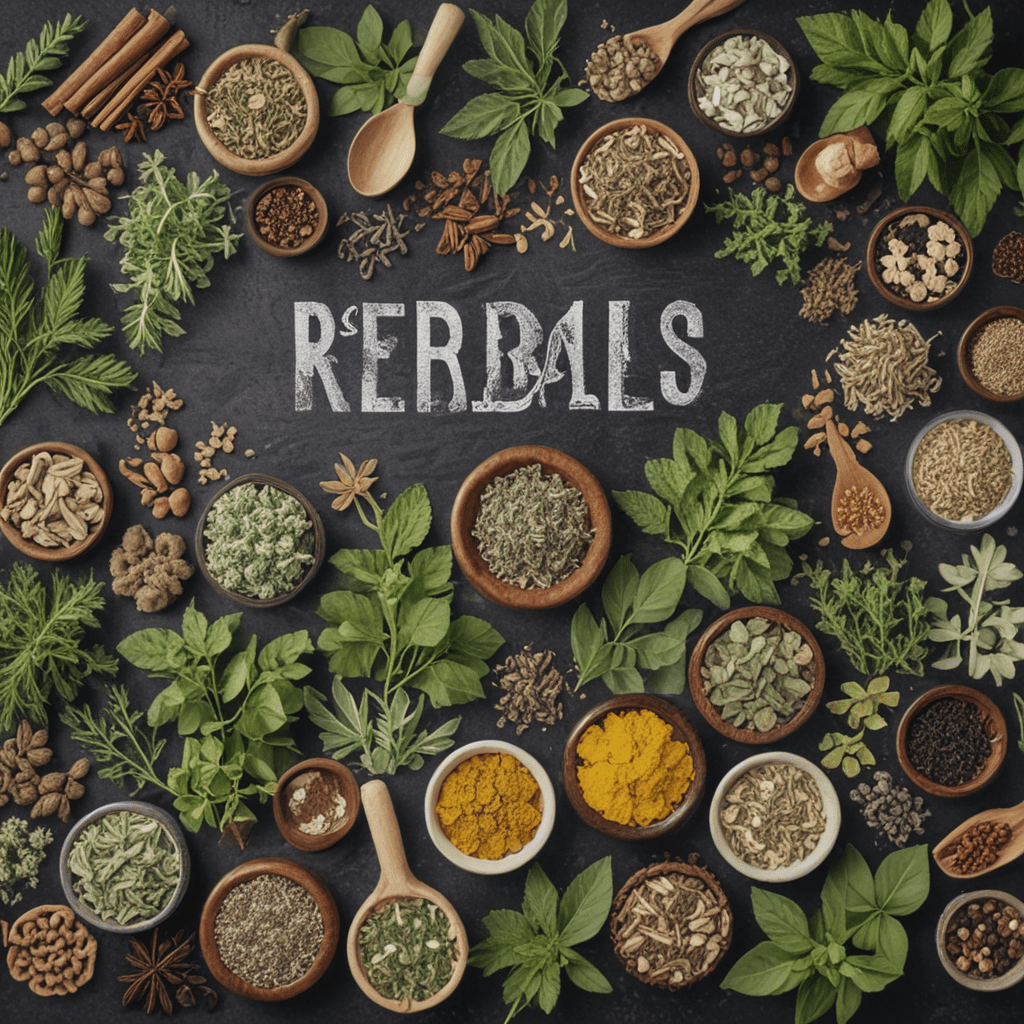
Introduction: The Power of Herbal Teas for Stress Relief
In today's fast-paced world, stress has become an undeniable part of our daily lives. While stress is a natural response to challenges, excessive stress can take a toll on our physical, mental, and emotional well-being. Fortunately, nature offers a gentle and effective solution in the form of herbal teas. These natural elixirs have been used for centuries to promote relaxation and ease anxiety, providing a holistic and caffeine-free approach to stress management.
Chamomile: A Gentle Ally for Relaxation
Chamomile, a daisy-like flower, has calming and soothing properties that make it an ideal choice for stress relief. Its active compounds, flavonoids and terpenoids, interact with receptors in the brain to reduce anxiety and promote relaxation. Chamomile tea is known to alleviate tension headaches, muscle spasms, and digestive issues often associated with stress. Its gentle and slightly sweet flavor makes it a comforting and soothing beverage for winding down before bed or during moments of stress.
Lavender: The Soothing Scent for Stress Relief
Lavender, renowned for its calming aroma, is another potent stress-reducing herb. Its essential oils contain linalool and linalyl acetate, compounds that have sedative and anti-anxiety effects. Lavender tea helps relax the nervous system, promotes restful sleep, and reduces stress-induced inflammation. Its floral and slightly sweet taste provides a sense of tranquility, making it a perfect choice for creating a relaxing atmosphere at home or in the workplace.
Lemon Balm: A Calming Tonic to Ease Anxiety
Lemon balm, a member of the mint family, is highly effective in alleviating anxiety and stress. Its leaves contain rosmarinic acid, a compound that inhibits the release of stress hormones and promotes calmness. Lemon balm tea has a refreshing and slightly lemony flavor, making it a pleasant and uplifting choice for reducing stress and improving mood. It can be enjoyed warm or chilled, providing a refreshing and calming beverage throughout the day.
Valerian Root: Nature's Sleep Aid
Valerian root, a perennial herb, has been traditionally used as a natural sleep aid. Its active compounds, valerenic acid and valepotriates, interact with GABA receptors in the brain, promoting relaxation and improving sleep quality. Valerian root tea is particularly beneficial for those experiencing sleep disturbances or insomnia due to stress. Its earthy and slightly bitter flavor can be balanced with honey or other sweeteners to enhance its taste.
Peppermint: An Uplifting Herb for Stress Management
Peppermint, a refreshing and aromatic herb, offers invigorating effects that can help combat stress. Its active compound, menthol, stimulates the release of endorphins, which have mood-boosting and pain-relieving properties. Peppermint tea is uplifting and energizing, making it a great choice for daytime stress relief. Its sharp and cooling flavor can help clear the mind and improve focus, reducing the negative impact of stress on cognitive function.
Ginger: A Warming Herbal Tea to Calm the Mind
Ginger, a versatile and flavorful spice, possesses calming and anti-inflammatory properties that can help mitigate stress. Its active compounds, gingerols and shogaols, interact with serotonin receptors in the brain, promoting relaxation and reducing anxiety. Ginger tea is warming and comforting, providing a soothing and restorative effect on the body and mind. Its slightly spicy and zesty flavor can help reduce feelings of stress and tension, making it an ideal choice for unwinding after a long day.
Ashwagandha: An Adaptogenic Herb to Mitigate Stress
Ashwagandha, an ancient Ayurvedic herb, is known as an adaptogen, which means it helps the body adapt to stress and maintain balance. Its active compounds, withanolides, interact with the hypothalamic-pituitary-adrenal (HPA) axis, the body's primary stress response system. Ashwagandha tea helps reduce cortisol levels, the stress hormone, and promotes relaxation and tranquility. Its slightly bitter and earthy flavor can be balanced with honey or other sweeteners, making it a beneficial and enjoyable beverage for stress management.
Choosing the Right Teas for Your Needs
When selecting herbal teas for stress management, consider your individual needs and preferences. If you experience anxiety or sleep disturbances, chamomile, lavender, and valerian root are excellent choices. For daytime stress relief, lemon balm, peppermint, and ginger can provide an uplifting and calming effect. If you prefer a warming and restorative beverage, ashwagandha or ginger tea can be beneficial. Consult with a qualified healthcare professional before using herbal teas if you have any underlying health conditions or are taking medications.
Brewing Tips for Optimal Relaxation
To maximize the benefits of your herbal teas, follow these brewing tips:
- Use fresh or dried herbs: Fresh herbs offer the most potent flavor and therapeutic benefits, but dried herbs are also effective.
- Measure the tea accurately: Use about 1-2 teaspoons of dried herbs or a small handful of fresh herbs per cup of water.
- Steep for the appropriate time: Chamomile, lavender, and lemon balm require 5-10 minutes of steeping, while valerian root, peppermint, ginger, and ashwagandha need 10-15 minutes.
- Use hot water: The ideal water temperature for herbal teas is just below boiling, around 195-205°F (90-96°C).
- Cover the teapot: Covering the teapot or mug during steeping helps retain the essential oils and flavors.
FAQs
Q: Can herbal teas be as effective as prescription medications for stress?
A: Herbal teas may not be as potent as prescription medications, but they can provide significant relief from stress and anxiety and are generally safe for most people.
Q: Are herbal teas safe during pregnancy or breastfeeding?
A: Some herbal teas, such as chamomile and ginger, are generally safe during pregnancy and breastfeeding, but it's always best to consult with a healthcare professional before consuming any herbal teas.
Q: Can I drink herbal teas daily?
A: Most herbal teas are safe for daily consumption, but it's important to vary the types of teas you drink to avoid potential side effects or interactions.


